Comparative Constitutional Reasoning
To what extent is the language of judicial opinions responsive to the political and social context in which constitutional courts operate? Courts are reason-giving institutions, with argumentation playing a central role in constitutional adjudication. However, a cursory look at just a handful of constitutional systems suggests important differences in the practices of constitutional judges, whether in matters of form, style, or language. Focusing on independently-verified leading cases globally, a combination of qualitative and quantitative analysis offers the most comprehensive and systematic account of constitutional reasoning to date. This analysis is supported by the examination of eighteen legal systems around the world including the European Court of Human Rights and the European Court of Justice. Universally common aspects of constitutional reasoning are identified in this book, and contributors also examine whether common law countries differ to civil law countries in this respect.
{{comment.content}}
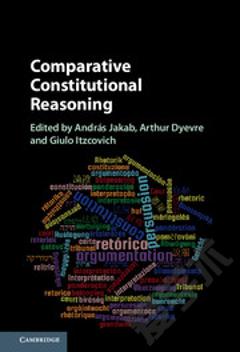
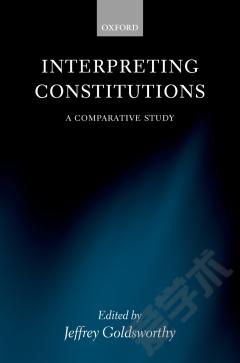
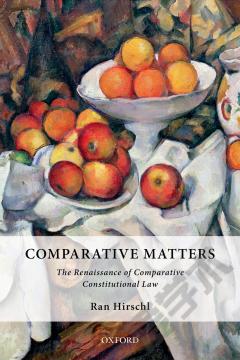

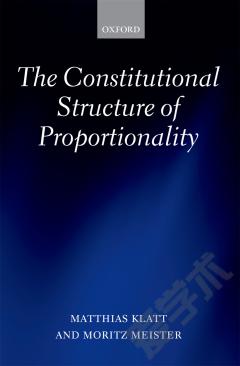
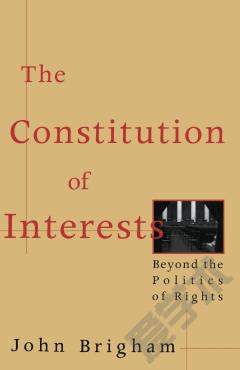
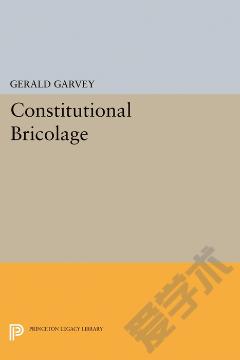

 京公网安备 11010802027623号
京公网安备 11010802027623号